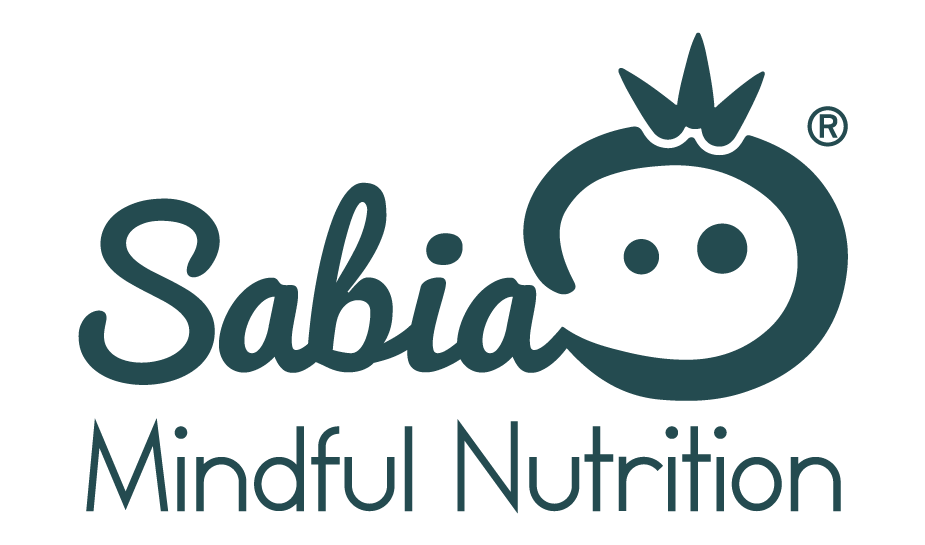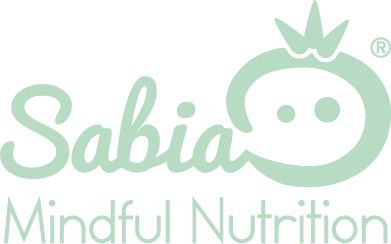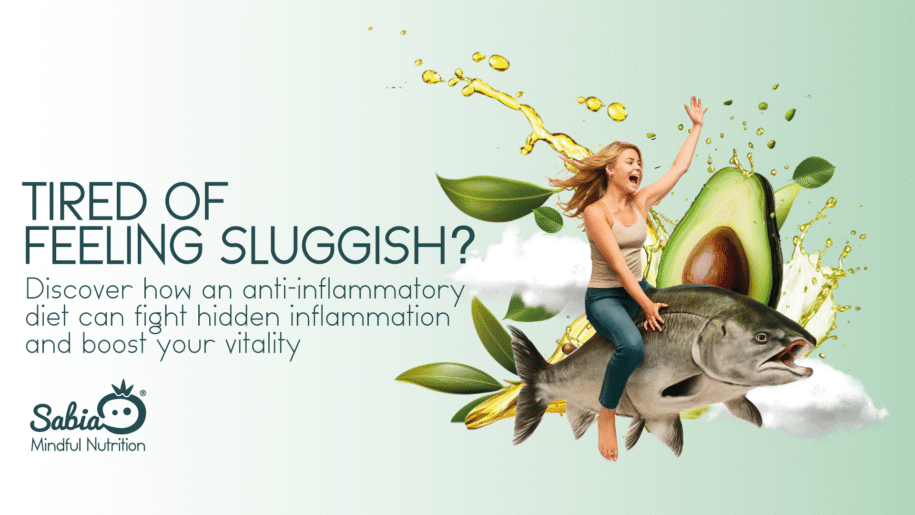5 Benefits of the Anti-Inflammatory Diet
In recent years, the anti-inflammatory diet has become more than just a trend—it’s a science-backed lifestyle choice that promotes overall well-being and helps prevent chronic disease. Chronic inflammation has been linked to conditions such as heart disease, type 2 diabetes, arthritis, and even certain cancers. Fortunately, research shows that what we eat can play a pivotal role in reducing inflammation and supporting long-term health.
If you live in Miami, you’re in luck. The city’s multicultural food scene and abundance of fresh produce make it easier than ever to adopt an anti-inflammatory eating pattern. From tropical fruits to locally available fish and spices, Miami offers a wide variety of options to help you enjoy this diet every day.
In this article, we’ll explore five science-backed benefits of the anti-inflammatory diet, along with examples of anti-inflammatory foods you can easily find in Miami.
What is an Anti-Inflammatory Diet?
The anti-inflammatory diet focuses on foods that reduce inflammation in the body while avoiding those that may trigger it. Think of it as a long-term eating pattern rather than a strict, short-term diet. It emphasizes:
-
Whole, unprocessed foods such as vegetables, fruits, whole grains, legumes, nuts, and seeds.
-
Omega-3 rich proteins like fatty fish (salmon, sardines, mackerel) and plant-based sources such as flax and chia seeds.
-
Healthy fats like olive oil and avocado.
-
Herbs and spices with anti-inflammatory properties, such as turmeric and ginger.
On the other hand, it reduces or eliminates ultra-processed foods, refined sugars, excessive red meat, and trans fats.
Interestingly, the anti-inflammatory diet shares similarities with the Mediterranean, DASH, and MIND diets, all of which have been studied extensively for their role in reducing chronic inflammation (Harvard T.H. Chan School of Public Health).
Benefit #1: Reduced Risk of Chronic Diseases
One of the most well-documented benefits of the anti-inflammatory diet is its ability to lower the risk of chronic illnesses. Inflammation is considered a key factor in the development of heart disease, diabetes, and certain cancers.
Research suggests that diets rich in fruits, vegetables, and omega-3 fatty acids can reduce systemic inflammation and improve cardiovascular health (Healthline, UPMC Health). For example, consuming leafy greens, berries, and salmon regularly has been linked to better blood sugar control and reduced cholesterol levels.
By minimizing processed foods and focusing on nutrient-dense ingredients, the anti-inflammatory diet provides a protective effect against these conditions.
Benefit #2: Improved Inflammatory Markers
Studies show that people who follow an anti-inflammatory diet often experience improvements in measurable biomarkers of inflammation, such as C-reactive protein (CRP). High CRP levels are associated with increased risk of heart disease and other chronic conditions.
According to Verywell Health, incorporating anti-inflammatory foods can help lower CRP levels and reduce oxidative stress in the body (Verywell Health). Foods like berries, fatty fish, and olive oil are particularly effective in decreasing inflammation at the cellular level.
This makes the diet not just a preventive strategy, but also a potential complementary approach for those already managing chronic diseases.
Benefit #3: Gut Health and Microbiome Support
Your gut plays a central role in controlling inflammation. Diets high in processed foods and low in fiber can disrupt gut bacteria, contributing to chronic inflammation. The anti-inflammatory diet, rich in fiber and fermented foods, helps restore balance to the microbiome.
Research from nutrition expert Tim Spector highlights the importance of fermented foods such as kefir, yogurt, sauerkraut, and kimchi for reducing inflammation and improving gut diversity (The Times).
In Miami, you can easily find probiotic-rich foods in local supermarkets and farmer’s markets, making it simple to incorporate gut-friendly options into your meals.
Benefit #4: More Energy and Better Well-Being
Many people report increased energy levels when switching to an anti-inflammatory diet. This is largely due to the elimination of foods that spike blood sugar and the inclusion of whole foods that provide steady energy release.
In addition, antioxidants found in fruits, vegetables, and spices combat oxidative stress, which is often linked to fatigue. A study highlighted by Vogue emphasizes how anti-inflammatory foods improve digestion, leading to better nutrient absorption and higher energy availability (Vogue).
In short, fueling your body with anti-inflammatory foods doesn’t just lower disease risk—it can make you feel more vibrant and productive on a daily basis.
Benefit #5: Brain and Mental Health Support
Inflammation doesn’t just affect the body—it also impacts the brain. Chronic inflammation has been linked to cognitive decline, depression, and other mental health conditions. The MIND diet, a variation of the Mediterranean diet, has shown strong evidence for protecting brain health through antioxidant- and omega-3-rich foods (Washington Post).
Berries, leafy greens, and fatty fish, all staples of the anti-inflammatory diet, are associated with better memory, slower cognitive decline, and improved mood.
For Miami residents, incorporating these foods can be as simple as adding blueberries to your morning smoothie or choosing grilled salmon at a local restaurant.
Anti-Inflammatory Foods Easily Found in Miami
Miami’s diverse culinary scene and access to fresh produce make it a perfect city for adopting an anti-inflammatory diet. Here are some examples you can find in local markets and restaurants:
-
Tropical fruits: Mango, papaya, guava, pineapple, and citrus fruits are rich in vitamin C and antioxidants (University of Miami).
-
Berries: Strawberries, blueberries, and blackberries, available year-round, provide polyphenols with powerful anti-inflammatory effects.
-
Fatty fish: Salmon, sardines, and mackerel are widely available and are excellent sources of omega-3 fatty acids.
-
Nuts and seeds: Almonds, walnuts, chia seeds, and flaxseeds are easy to add to smoothies, bowls, or baked goods.
-
Spices and herbs: Turmeric, ginger, garlic, and cilantro are staples in Miami’s multicultural cuisine and known for their anti-inflammatory effects.
-
Plant-based dishes: Smoothie bars, açai bowls, and vegetarian restaurants across Miami offer countless anti-inflammatory meal options.
By leveraging Miami’s food culture, you can enjoy an anti-inflammatory diet that’s both healthy and delicious.
The anti-inflammatory diet is more than just a way of eating—it’s a lifestyle that can transform your health and well-being. From reducing chronic disease risk to improving gut health, boosting energy, and supporting brain function, the benefits are backed by science and easy to experience in daily life.
In Miami, you have access to a wide range of fresh, anti-inflammatory foods that make this eating pattern practical and enjoyable. Start small: add more berries, swap out refined oils for olive oil, or include salmon in your weekly meals. These simple steps can make a significant difference in your long-term health.
References
-
Harvard T.H. Chan School of Public Health. Anti-Inflammatory Diet
-
Healthline. Anti-Inflammatory Diet 101
-
UPMC Health. What Is an Anti-Inflammatory Diet?
-
Verywell Health. Anti-Inflammatory Diet
-
The Times. Tim Spector on Fermented Foods
-
Washington Post. Mediterranean Diet and Inflammation
-
University of Miami. Foods to Fortify



